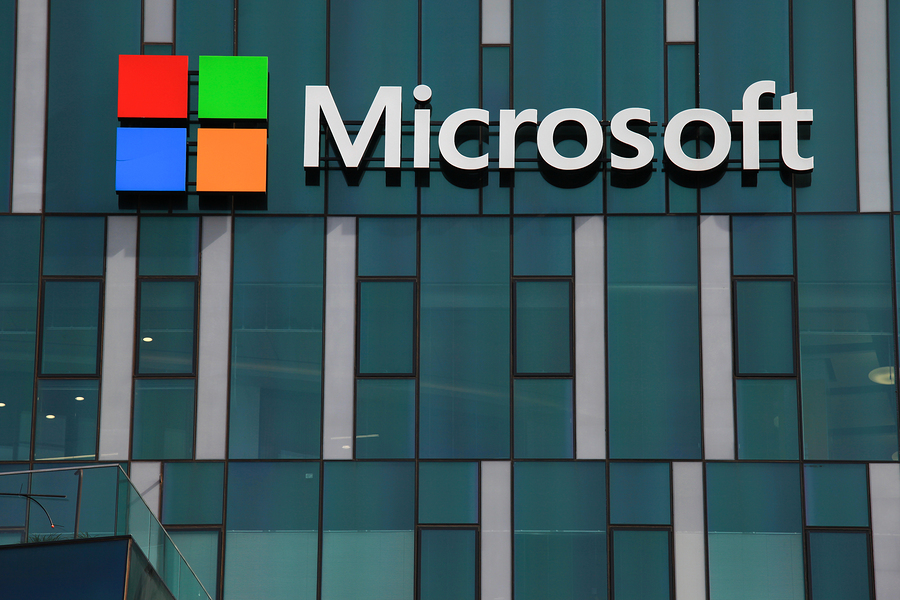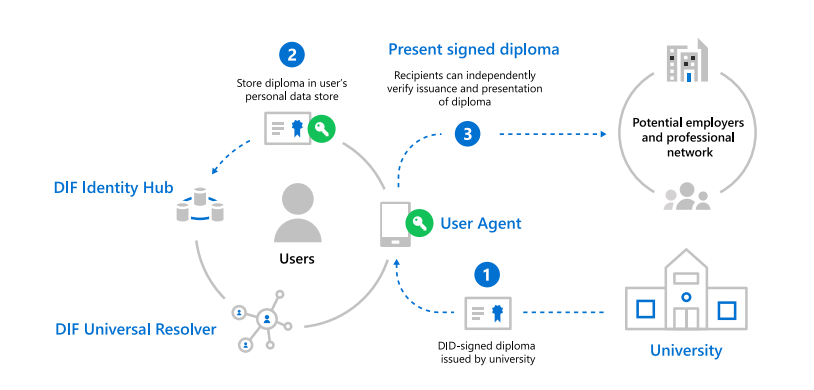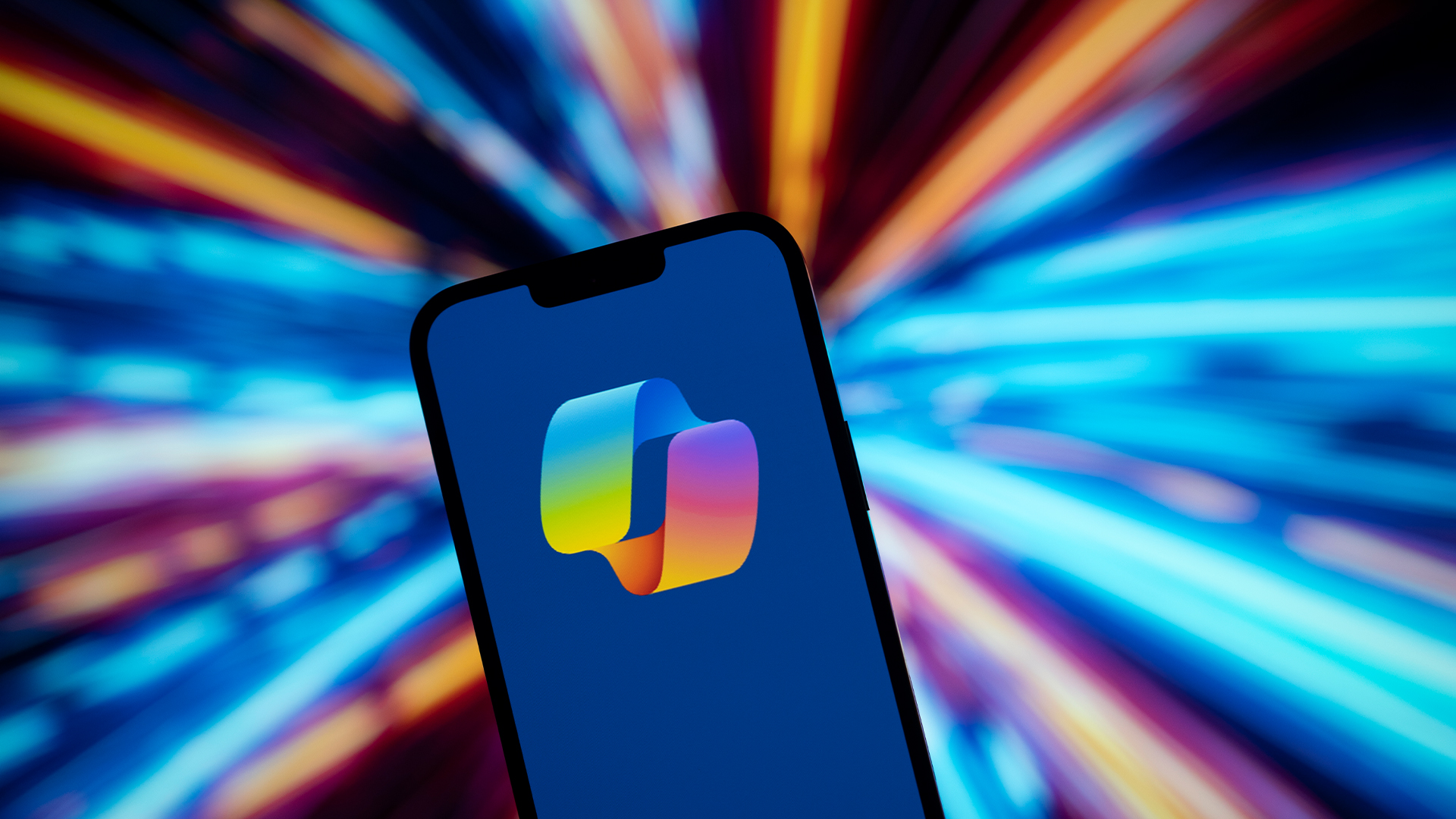Mastercard and Microsoft to jointly develop universal digital ID technology
Although not much about the project was revealed, a Microsoft whitepaper dropped some big hints


Corporate giants Mastercard and Microsoft are teaming up to create a revolutionary new technology which could streamline everything from shopping, to acquiring fundamental services such as healthcare.
Yesterday, the pair announced a vague new technology project, details of which were largely omitted, that is designed to tackle the burden placed on individuals to prove their identity, for myriad accounts and identities that we have online.
Imagine not having to sign up to each and every online shop you visit, inputting the same addresses and payment details every time you want to buy anything. This technology aims to put an end to that, the companies said, adding that the project will deliver "a secure, instant way to verify their digital identity with whomever they want, whenever they want."
"Today's digital identity landscape is patchy, inconsistent and what works in one country often won't work in another. We have an opportunity to establish a system that puts people first, giving them control of their identity data and where it is used," said Ajay Bhalla, president, cyber and intelligence solutions, Mastercard.
"Working with Microsoft brings us one step closer to making a globally interoperable digital identity service a reality, and we look forward to sharing more very soon."
The technology promises to optimise financial services such as online banking and shopping by having all payment, address details and, presumably, discount codes in one place. It could also play a potentially beneficial role in government services such as filing tax returns and other digital services from Instagram, to Uber.
"Digital identity is a cornerstone of how people live, work and play every day," said Joy Chik, corporate vice president, Identity, Microsoft. "We believe people should be in control of their digital identity and data, and we're thrilled to first work with Mastercard to bring new decentralised identity innovations to life."
Sign up today and you will receive a free copy of our Future Focus 2025 report - the leading guidance on AI, cybersecurity and other IT challenges as per 700+ senior executives
By having a secure, easily-accessible digital identity, current real-world issues could be a thing of the past. One of the more pertinent issues surrounding identity verification is that some people have no identity at all. More than one billion people, the majority of which are women, children and refugees don't have a formally registered identity which denies them fundamental services such as free health care, as is the case with Syrian refugees in Turkey right now.
This initiative will serve as the foundation for new Mastercard services powered by Microsoft Azure and built-in collaboration with leaders in the banking, mobile network operator and government communities, the companies said.
Blockchain?
Secure? Decentralised? One can't help but think of blockchain. It's not confirmed, but reports indicate, in reference to a whitepaper previously released by Microsoft, that the new service could be based around blockchain technology.
Titled 'Decentralised Identity', the whitepaper details seven pillars of technology that will interoperate to make a decentralised digital identity possible, and it's all underpinned by blockchain.
- W3C Decentralised Identifiers (DIDs) "DIDs are globally unique identifiers linked to Decentralised Public Key Infrastructure (DPKI) metadata composed of JSON documents that contain public key material, authentication descriptors, and service endpoints."
- Decentralised systems (for example, blockchains and ledgers) "DIDs are rooted in decentralised systems that provide the mechanism and features required for DPKI."
- DID User Agents "applications that enable real people to use decentralised Identities."
- DIF Universal Resolver "a server that utilises a collection of DID Drivers to provide a standard means of lookup and resolution for DIDs across [systems]"
- DIF Identity Hubs "a replicated mesh of encrypted personal datastores, composed of cloud and edge instances (like mobile phones, PCs or smart speakers), that facilitate identity data storage and identity interactions."
- DID Attestations "These "enable identity owners to generate, present, and verify claims. This forms the basis of trust between users of the systems."
- Decentralised apps and services "DIDs paired with Identity Hub personal datastores enable the creation of a new class of apps and services."

Screenshot taken from Microsoft's whitepaper
A system like this, in an example taken from the whitepaper, would allow a graduate to securely request a copy of their degree from their university who can verify their identity via her DID and then provide a copy of their degree to their new employer who can then verify where the copy came from using the university's DID.

Connor Jones has been at the forefront of global cyber security news coverage for the past few years, breaking developments on major stories such as LockBit’s ransomware attack on Royal Mail International, and many others. He has also made sporadic appearances on the ITPro Podcast discussing topics from home desk setups all the way to hacking systems using prosthetic limbs. He has a master’s degree in Magazine Journalism from the University of Sheffield, and has previously written for the likes of Red Bull Esports and UNILAD tech during his career that started in 2015.
-
 AI-related cuts could come back to haunt enterprises
AI-related cuts could come back to haunt enterprisesNews A frantic push to automate roles with AI could come back to haunt many enterprises, according to Forrester
-
 Not keen on Microsoft Copilot? Don’t worry, your admins can now uninstall it
Not keen on Microsoft Copilot? Don’t worry, your admins can now uninstall itNews The latest Windows 11 Insider Preview will include a policy for removing the app entirely — but only in certain conditions